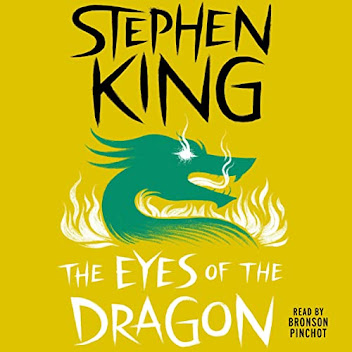Terry Jones' Barbarians: An Alternative Roman History by Terry Jones and Alan Ereira
Disappointed. Sorely disappointed.
I was perusing my local bookshop and I found Terry Jones' Barbarians: An Alternative Roman History. I was excited by the endorsement on the back cover from a historian that said, "I wish all historical books written by non-historians were so informed and all books by historians so well written." Good enough for me - I grabbed it up and eagerly started reading, looking forward to reading this work by the creator/host of one of my favorite history-based documentaries, The Story of 1.
Boy, was I disappointed.
First of all, neither Jones nor his co-author Alan Ereira are trained historians (neither am I, but I have an appreciation for expertise in an area and how that makes the commentary more accurate) and it clearly shows. Right off the bat (p. 13) they attack Julius Caesar and belittle Romans in general for falsely describing the true nature of the elk (Romans were told of exotic animals by natives and they duly recorded the descriptions, usually false or exaggerated - this happened throughout the Roman era - Jones must not appreciate an inquisitive nature...) and then questions Caesar's ability to describe the Gauls (p. 14) because if Caesar cannot properly describe an elk, what can he describe? Cheap shot, but a warning as to the nature of the book.
 |
| Terry Jones |
Other problems:
On page 194 William Cowper is given credit for writing the beloved hymn Amazing Grace. This was written by a friend of Cowper, John Newton. The story of this hymn was the subject of a recent motion picture (also called Amazing Grace). and has been recounted in numerous anti-slavery histories for generations. I'm astounded they (and the editors) were so ignorant of the famous and touching story behind the hymn - it inspired the end of the slave trade by the UK and turned the Royal Navy into the world's largest abolitionist force.
 |
| Augustine of Hippo |
 |
| Archimedes |
They also credit Archimedes with a defensive technique (using cranes to drop weights on opponents) that was used during the Sicilian campaign of the Peloponnesian War hundreds of years earlier, ironically, also at Syracuse.(p. 148)
How about the famous Baghdad batteries? Let's bring out a device that no one's really tested (they do work as batteries if you fill them with modern chemicals but not time-appropriate chemicals), everyone's pretty sure was just a storage vase and claim they were used to electroplate with gold if wires that were not invented at the time were used. Besides that, use it as a chance to bash the Romans as the goons who killed off the people who invented and used electricity (p. 168), thus setting civiilization back by more than a thousand years. Did the Romans kill of the steam engine and vending machines? Why, yes they did, those barbarians! (pp. 153-154)
Jones and Company go to great lengths to demonstrate that the Romans were not the only ones with laws, since the Romans have a great reputation as being the great lawgivers of the ancient world. True enough, the Romans did not invent the concept of "law." But, they did two important things. 1) in the ancient world they applied a uniform system of laws over a vast geographic area. This uniformity was a great boon for trade, much like free trade zones and the European Union have been in the modern world. 2) The West's legal system is based on Rome's emphasis on property rights. Think it's not important? If you've ever sued someone over a car crash - that's because your property was damaged by another. It is a very Roman concept to want to collect for damages to your property. These are not concepts that can be blown off with a few cutesy phrases if this book is really meant to be taken seriously.
To make it all the worse, the last pages, the ones detailing the long slip and final fall of the Western Roman Empire are so dreadfully dull to read that I had to force myself to finish.
In sum, there is a bit of good information here but it is buried in so much half-truth, speculation, mis-information and misundertanding that I am torn as to whether I should try to sell this book or just dispose of it.
I rate this book 1 star out of 5.
This book can be found on Amazon here: Terry Jones' Barbarians: An Alternative Roman History
Reviewed on February 19, 2010.











Comments
Post a Comment